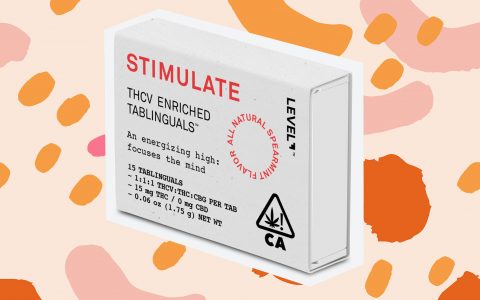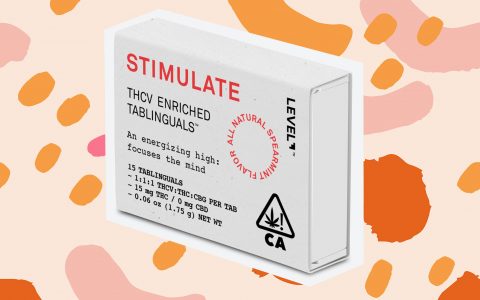The bacteria we call yeast gave humanity its bread and beer. Our cannabis buzz may be next.
Yesterday, researchers at University of California Berkeley announced they had successfully hacked yeast genes to grow cannabis’ main active ingredients. Their findings, published in the scientific journal Nature, add to research on using synthetic biology to produce “green drugs” like cannabis’ happy chemical, THC.
They spliced 15 genes into brewers yeast, including genes from five strains of other bacteria, and genes from the cannabis plant.
Cannabis plants secrete a class of chemicals dubbed “cannabinoids” that fit into human nerve cell receptors like keys into a lock, altering cell function.
Genetically modified bacteria can secrete custom cannabinoids at a fraction of the cost of farming, meaning more targeted cannabinoid drugs, bulk production of rare molecules like tetrahydrocannabivarin (THC-V), and cannabigerol (CBG), plus, access to medicine in places where cannabis farms won’t work.
Franken-Yeast Yields THC, CBD, And More
Synthetic biologists at Cal performed some serious transgenic science, too. They spliced 15 genes into brewers yeast, including genes from five strains of other bacteria, and genes from the cannabis plant. The resulting GMO-yeast eats acid and excretes precursors for THC and CBD.
Getting THC the old-fashioned way, of course, takes seeds, soil, water, nutrients, sun and labor. Yeast THC could be quicker and cheaper.
“For the consumer, the benefits are high-quality, low-cost CBD and THC: you get exactly what you want from yeast,” explained Dr. Jay Keasling, a synthetic bioligy pioneer, and paper co-author. Dr. Keasling previously used yeast to grow insulin, human growth hormones, and more.
Dr. Keasling pointed out his discovery will make it possible to grow a wide range of cannabinoids: “the rare ones that are nearly impossible to get from the plant, or the unnatural ones, which are impossible to get from the plant.”
He’s also a businessman. In 2015, he launched a biotech company called Demetrix, which has licensed research to Cal. He’s bullish on taking the technology to market, where both Big Ag and Big Pharma could be interested.
“The economics look really good,” Keasling said. “The cost is competitive or better than that for the plant-derived cannabinoids. And manufacturers don’t have to worry about contamination—for example, THC in CBD—that would make you high.”
No matter how you cut it— it looks like experiencing the effects of cannabis, if not necessarily the plant itself, could become much lighter on your wallet.




